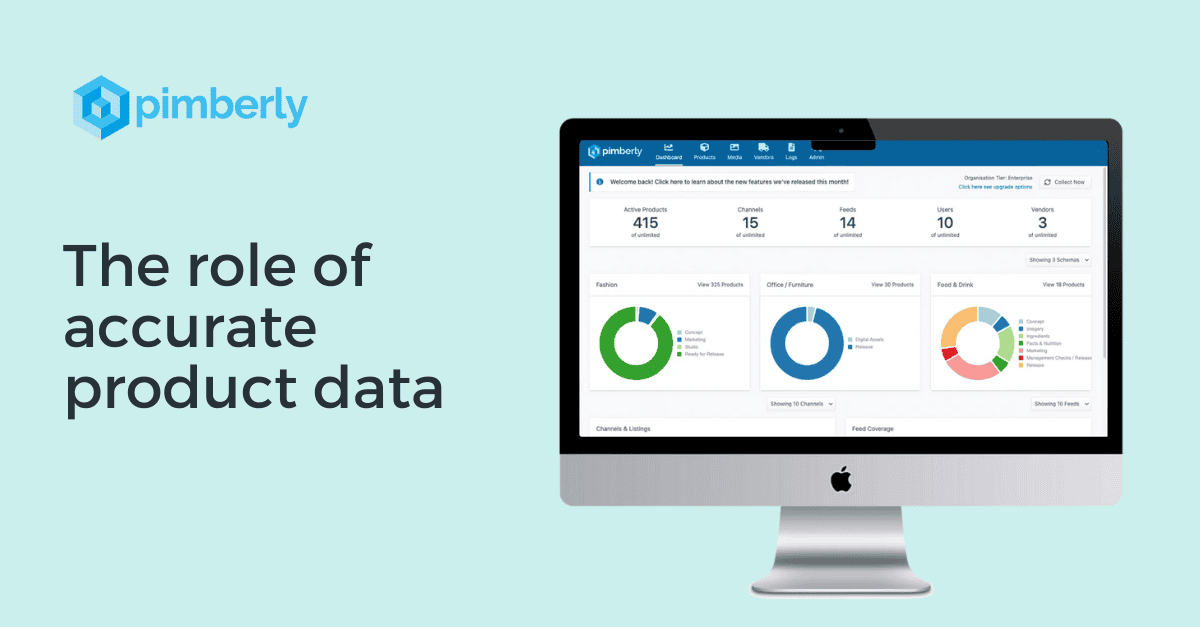
Delivery Promise: How the OMS is redefining e-commerce expectations
Imagine you’re shopping online. You’ve found the perfect product, added it to your cart and are ready to check out. What’s the one crucial factor that could make or break your decision to complete the purchase? The delivery promise.
A delivery promise is the commitment that an online retailer makes to its customers regarding when they can expect to receive their purchases. This is a cornerstone of customer satisfaction in the e-commerce industry.
The delivery promise is not just a logistical detail; it’s a critical component of the customer experience. In an era where convenience is king, meeting or exceeding delivery expectations can make or break an e-commerce business. It directly impacts customer loyalty, conversion rates and overall brand reputation.
In this article, we’ll explore how the Order Management System (OMS) is revolutionising the way businesses manage and fulfil their delivery promise.
Understanding the Delivery Promise
The delivery promise encompasses several aspects, including available delivery methods, estimated delivery times, shipping costs and carbon footprint. It’s a commitment made to the customer at the time of purchase, setting clear expectations regarding the delivery experience.
Over the years, customer expectations regarding delivery promises have evolved significantly. With the rise of giants like Amazon, customers now expect not only fast delivery but same-day or next-day delivery. Meeting these expectations requires a robust and flexible Order Management System (OMS).
Indeed, an OMS plays a pivotal role in enabling businesses to create and fulfil Delivery Promise effectively. It serves as the central hub that coordinates inventory management, order processing and logistics to ensure that promises are not just made but also kept.
Key benefits of having a reliable Delivery Promise
Delivery Promise is a customer-centric concept at its core, as it directly impacts the customer experience and their satisfaction with an e-commerce brand. Here are the key customer benefits of a reliable promise:
- Enhanced customer loyalty: Meeting or exceeding a delivery promise fosters customer loyalty. Satisfied customers are more likely to return to a brand for future purchases, leading to long-term customer relationships. They become repeat buyers and may even become brand advocates, recommending the business to friends and family.
- Reduced cart abandonment: Unexpected shipping costs or unclear delivery timelines are common reasons for cart abandonment in e-commerce. A reliable Delivery Promise can address these concerns, reducing cart abandonment rates and increasing the likelihood that customers complete their purchases.
- Reduced customer complaints: A well-communicated and consistently fulfilled Delivery Promise can lead to fewer customer enquiries and complaints regarding order statuses, delivery delays, or shipping issues. This, in turn, reduces the burden on customer support teams and allows them to focus on more critical issues.
Why is an Order Management System mandatory?
An OMS serves as the central hub for managing and fulfilling delivery promises. It’s the nerve centre that coordinates inventory management, order processing and logistics to ensure that promises are accurate and always kept. By centralising order data, it provides a holistic view of your e-commerce operations, helping you make informed decisions and optimise processes for the best possible customer experience.
One of the standout features of OneStock’s OMS is its real-time order visibility. In the fast-paced world of e-commerce, where customer demands and inventory levels can change quickly, having up-to-the-minute insights is invaluable. It enables businesses to track the status of orders, manage inventory effectively and make data-driven decisions – all essential elements for meeting delivery promises consistently.
OneStock’s OMS then streamlines order processing by automating tasks, prioritising orders and optimising inventory allocation. This level of efficiency is crucial for meeting your Delivery Promise. With automation, businesses can handle higher order volumes without compromising on promise fulfilment. It also determines the most efficient and cost-effective way to fulfil an order while adhering to the promised delivery date. For example, if a customer selects expedited shipping, the OMS will route the order to a warehouse or store with the fastest delivery route to the customer’s location.
Last but not least, in an age of increasing environmental consciousness, sustainability is a factor that should not be overlooked when it comes to the delivery promise. OneStock’s OMS enables businesses to make eco-friendly choices in their order fulfilment processes. Whether it’s optimising routes for fuel efficiency, reducing packaging waste, or promoting greener shipping options, sustainability can be seamlessly integrated into your delivery promise, aligning with the values of socially conscious customers.
The delivery promise is a crucial component of e-commerce success, and OMS systems like OneStock are at the forefront of redefining how businesses meet these promises. By optimising order processing, providing real-time information and enhancing the overall customer experience, the OMS is helping e-commerce companies not only meet but exceed customer expectations, ultimately leading to increased conversion rates and customer loyalty. In an ever-evolving e-commerce landscape, embracing an OMS is key to delivering on the delivery promise and staying ahead of your competition.


